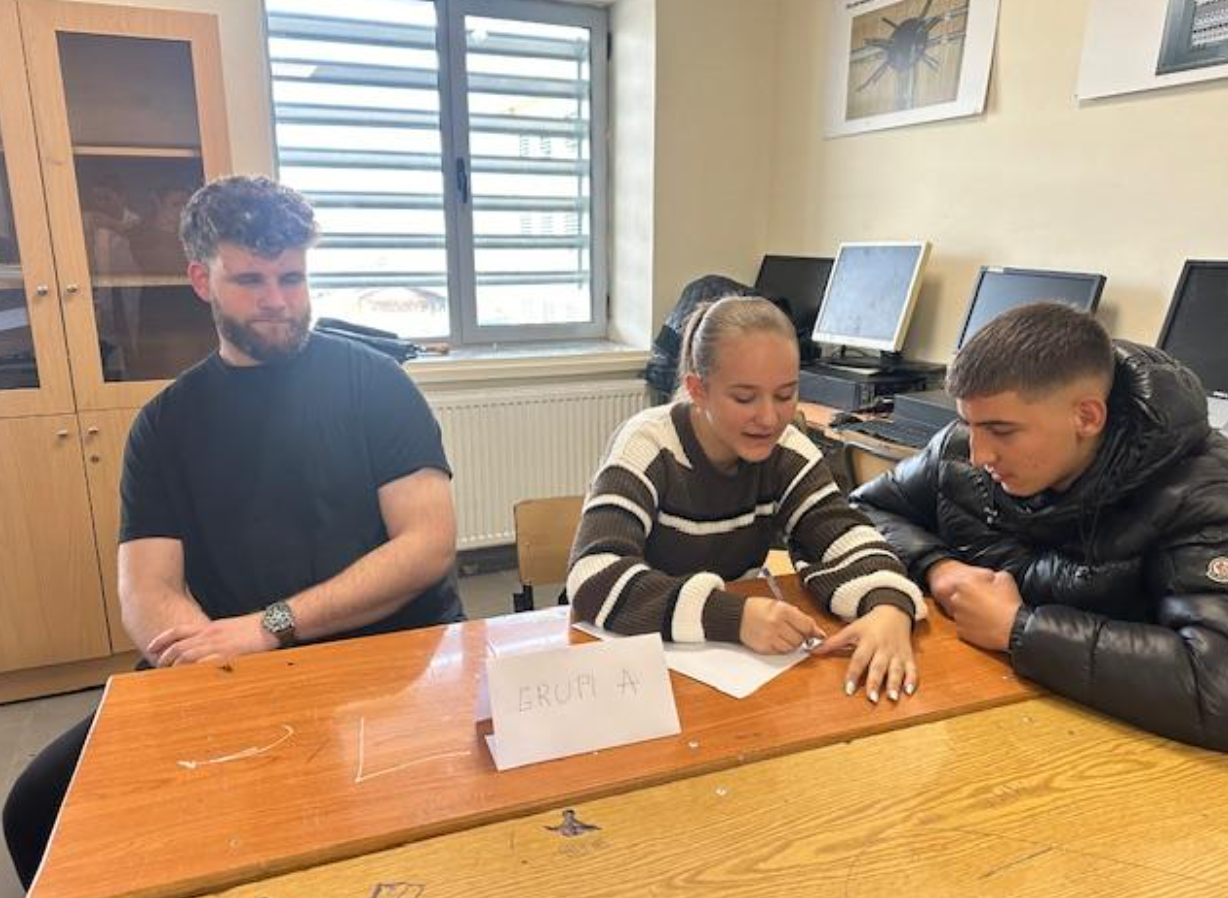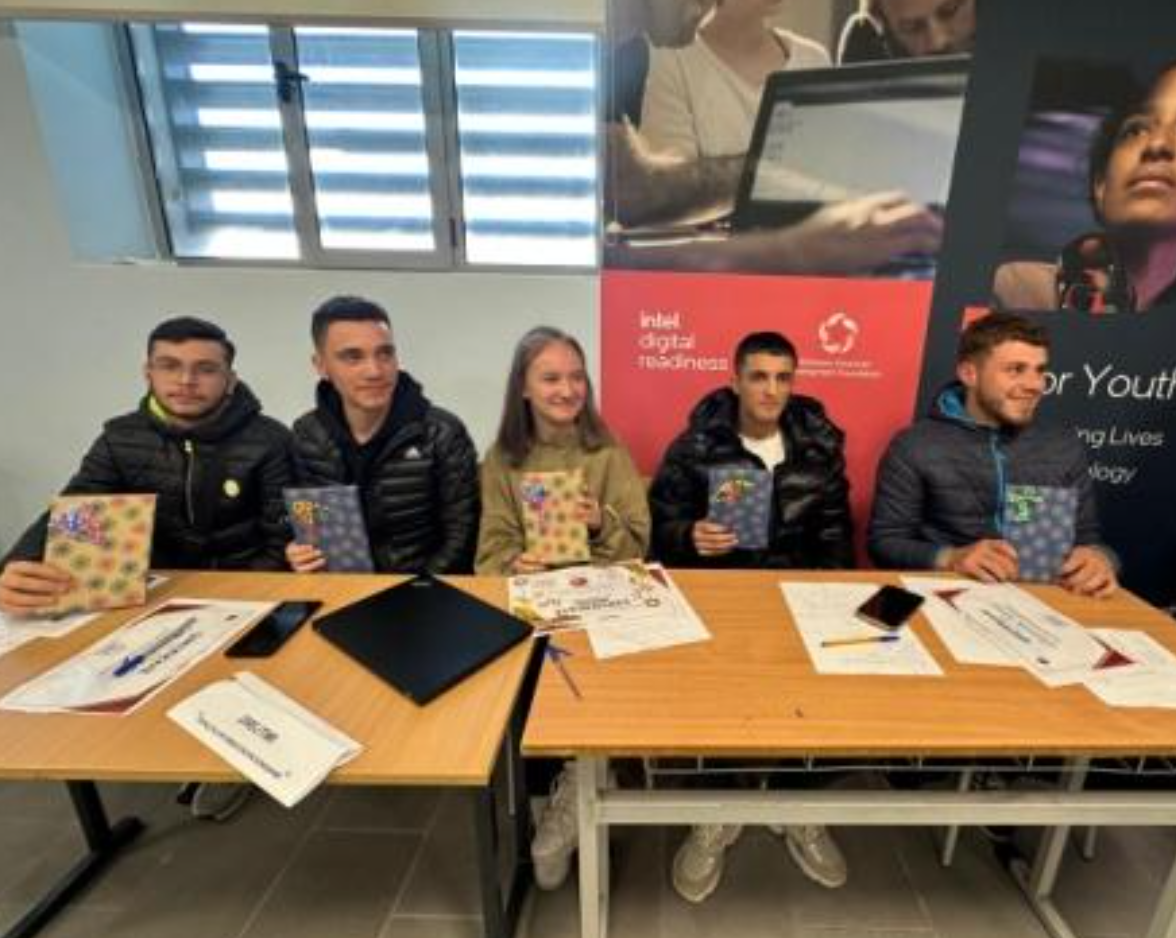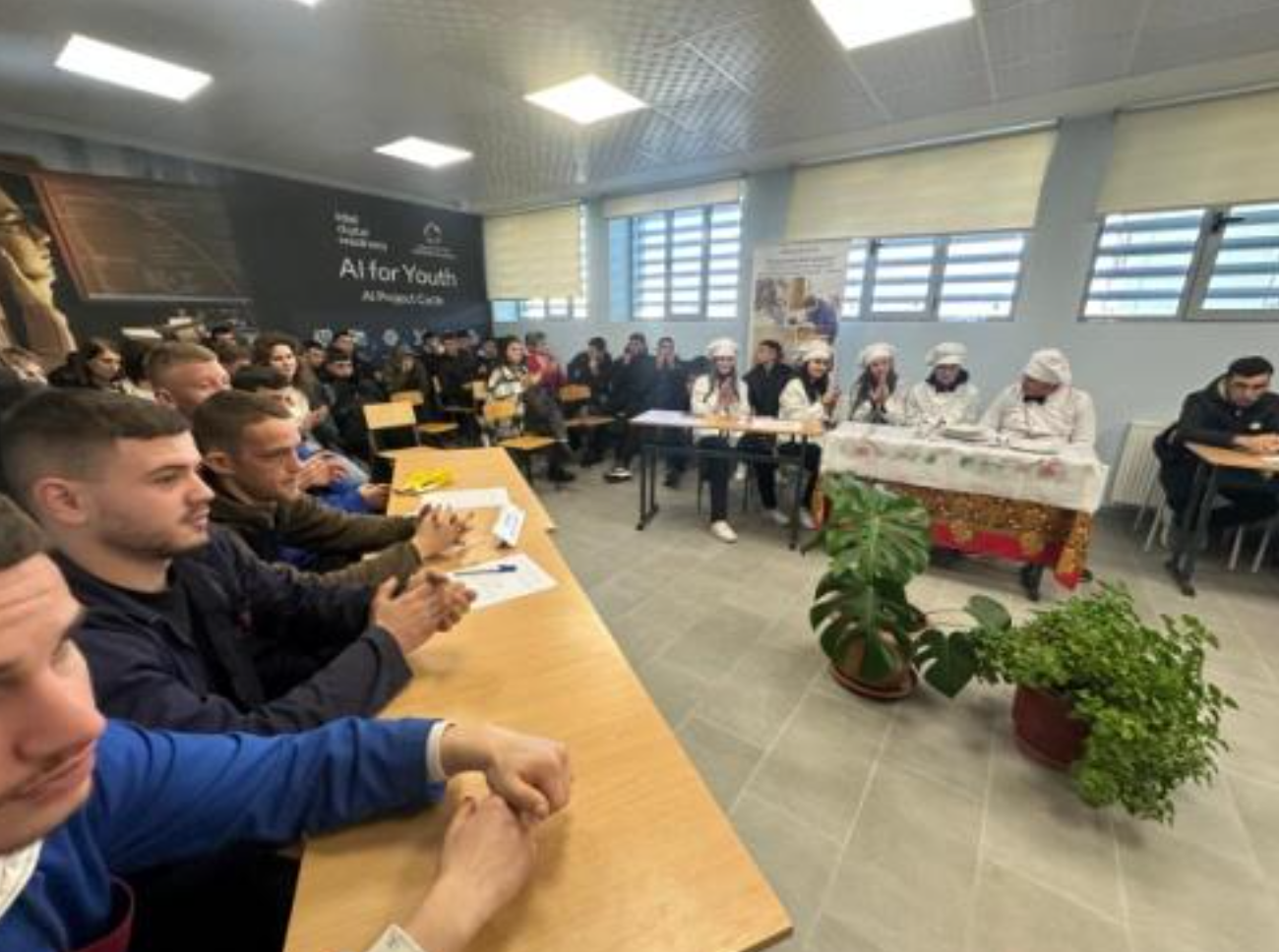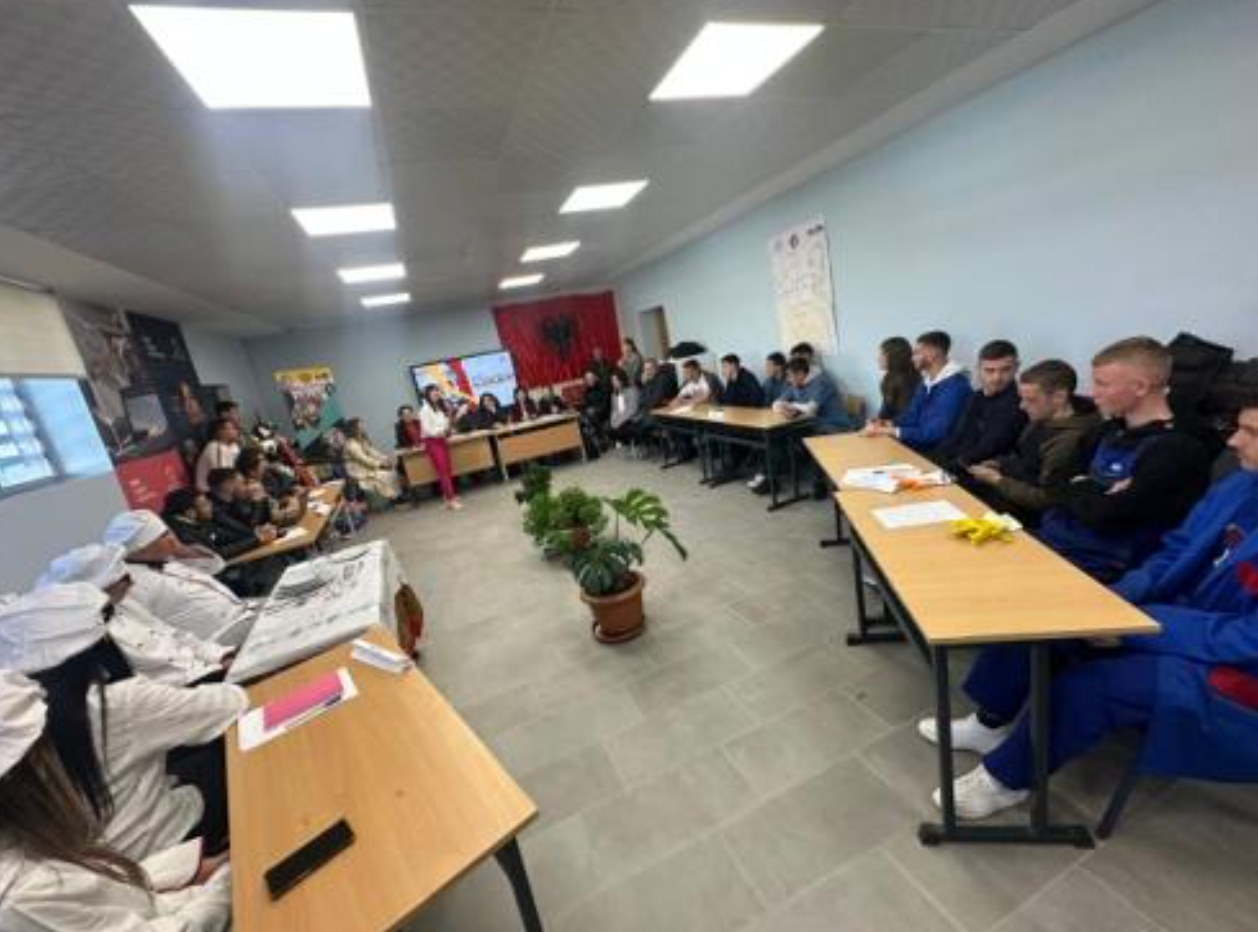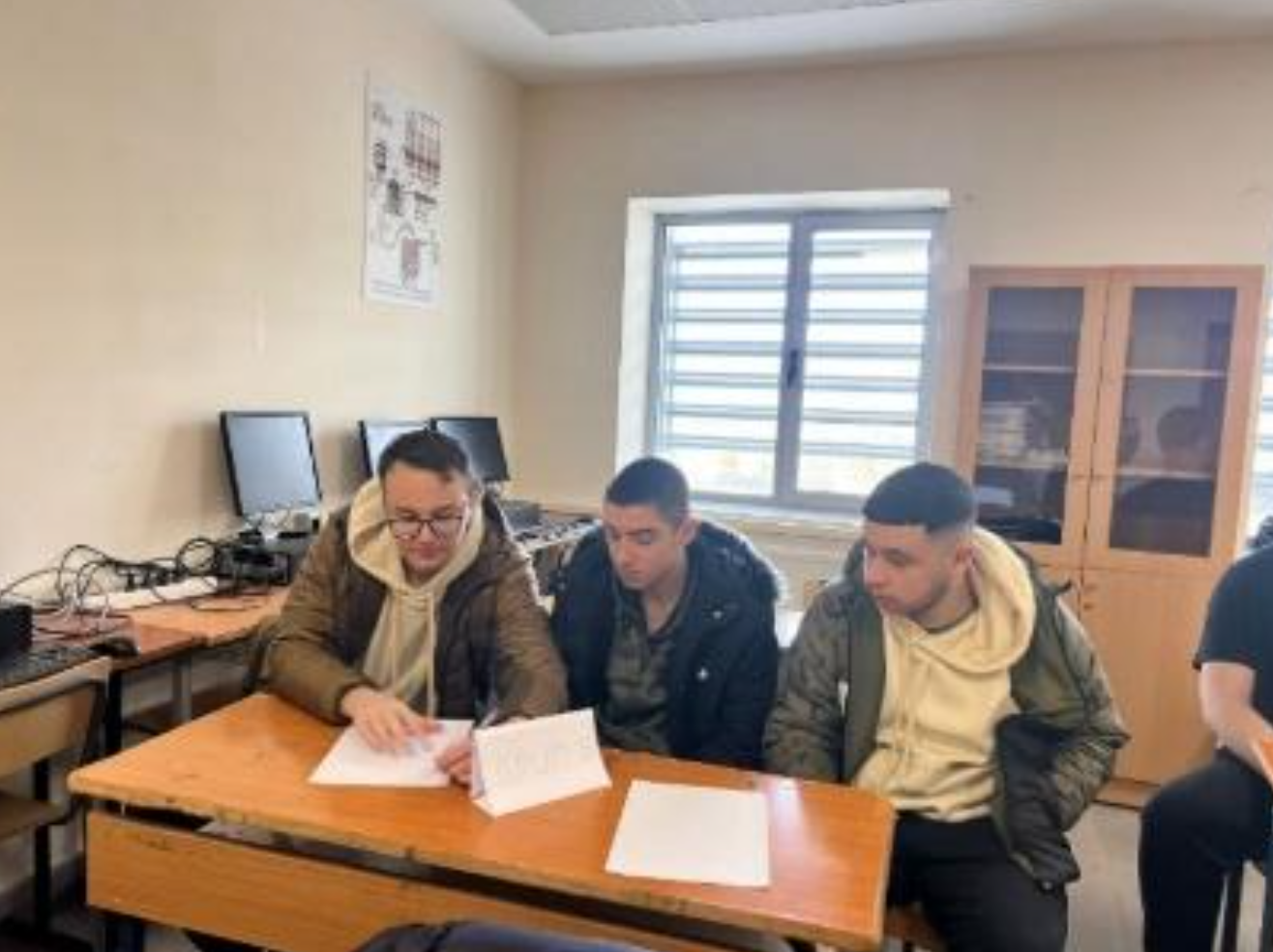Competition between classes in the field of knowledge and skills in school
Description of the good practice
Background
Steps to take if you want to implement the good practice from planning to execution and evaluation if included
Phase I. Competition within classes Date: 25.10. 2024
- Students of the same class of different educational directions, developed competition between each other.
- In advance, the students were given theoretical questions and practical tasks which they had mastered.
- The questions of the competition have been prepared by the main department of the school.
Phase II. Competition between classes at the same level Date: 22.11.2024
- In the second phase, the best students of each class were selected to compete with students from other classes within the same level
- In the selection of the teams, care was taken to include students with orphan status, with one parent, and with divorced parents.
- These students were given free professional literature for necessary study.
Phase III. Competition between the students who won the levels. Date: 19.12.2024
In the third stage of the competition, four teams were selected, representing the four educational directions in the school. In each team, there were students from the same educational direction with different levels.
- In the representative teams of these directions, students with the status of orphans, with one parent, and with divorced parents were also included.
- The questions of the third phase were selected by professional teachers of professional and general subjects, within teaching departments and subject teams.
Phase IV. Distribution of prizes and gifts for the winners in the first three places. Date: 20.12.2024
At the end of the competition, prizes, certificates of participation, and gifts were distributed to the winners.
In the group of students who were rewarded with gifts, there were also students with the status of orphans, with one parent, and with divorced parents.

